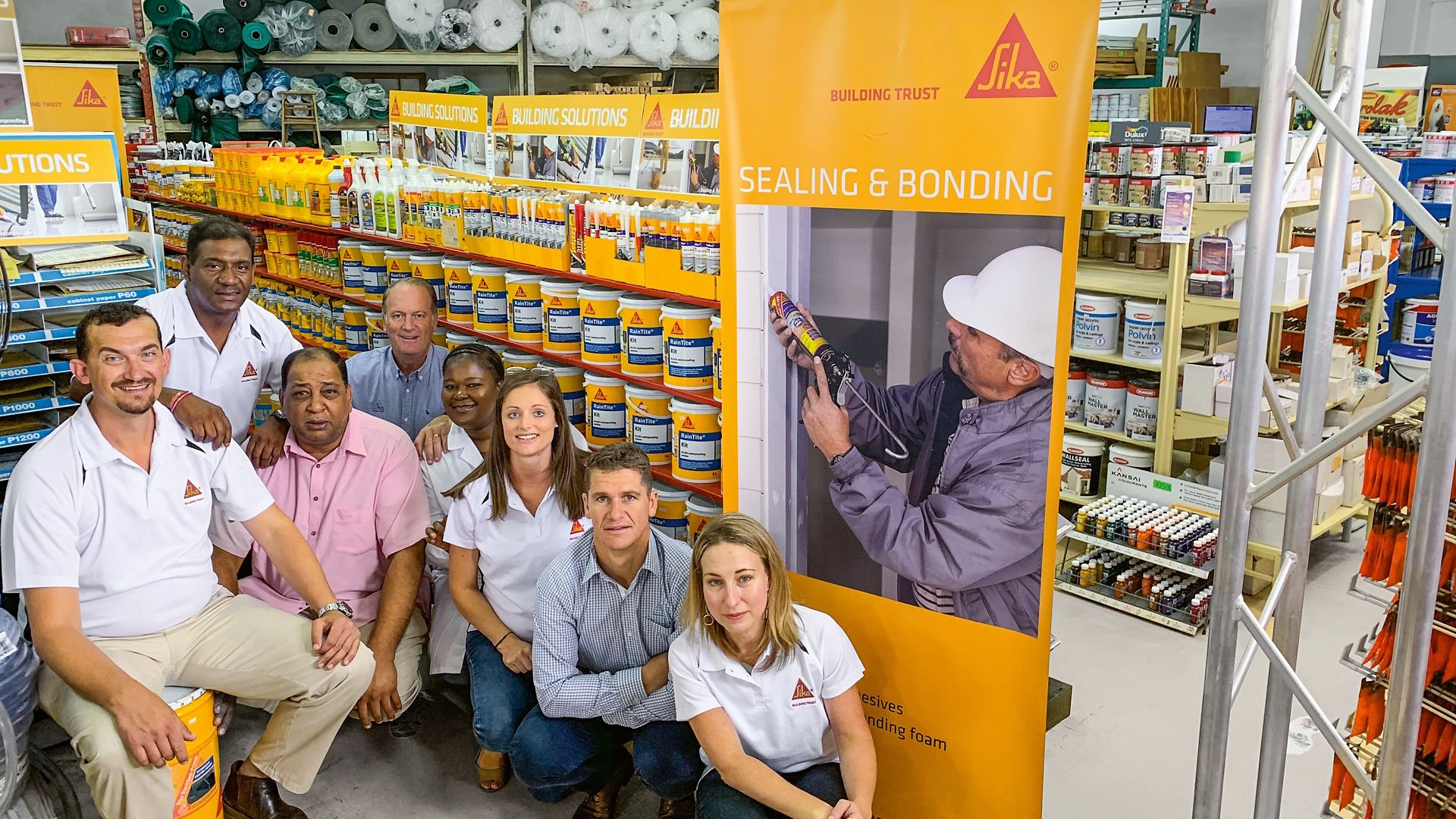The raw materials that Sika processes into superior-grade products are the Group’s biggest cost factor. Approximately two-thirds of the materials used by Sika in production, such as polyols, epoxy resins, acrylic dispersions, and polycarboxylates, are based on fossil fuels or their derivatives. Purchase prices consequently vary according to the supply and demand situation for each raw material and fluctuations in the price of oil.
To reduce its dependency on crude oil, Sika is increasingly relying on renewable raw materials, such as sugar derivatives, bioethanol derivatives, and natural oils. Moreover, recycled raw materials are used wherever possible, and many production plants implement their own, or externally operated, recycling loop systems. Mineral substances, such as calcium carbonate, sand, and cement, make up the remaining raw materials.
Quality Requirements
Sika purchases its base chemicals in accordance with strict quality requirements from certified suppliers offering the best value for money. In the case of key raw materials with limited availability or large purchase volumes, Sika mandates at least two suppliers whenever possible. For unique, highly innovative technologies, the Group seeks to manufacture raw materials itself, or source them in close collaborative partnerships with innovative suppliers. In respect of all the materials used, compliance with the relevant statutory registration requirements (e.g. REACH, TSCA and others) is monitored and ensured by a network of global and local specialists, as well as external consultants.
Qualified Suppliers
Sika’s procurement specialists and technical experts work closely with suppliers’ technical units to fully understand the raw material flows, and continually optimize costs, quality, availability, and sustainability. Potential suppliers are closely screened by Sika. Before working with Sika, suppliers are required to sign the Supplier Code of Conduct, which includes the Sustainability, Ethics, and Fair Competition principles. This is further supported by our membership with the Together for Sustainability (TfS) initiative, providing a framework for requesting sustainability assessments and audits from our suppliers.
Identifying Risks
Suppliers are regularly evaluated by a comprehensive supply risk management process to achieve continuous uninterrupted material availability, quality, cost competitiveness, and compliance, essential for business success. The corresponding findings are incorporated into the risk assessment, along with the suppliers’ self-assessments and data available in the public domain. If a relevant risk is identified, Sika will conduct an additional supplier audit focusing on the internal risk management system of the company in question.

